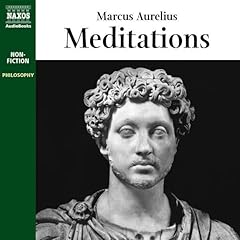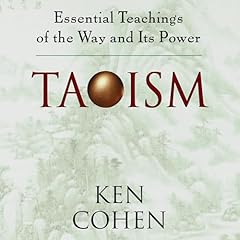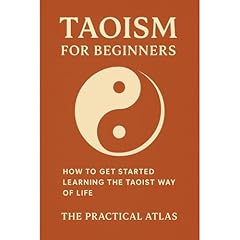
Taoism
An Essential Guide
No se pudo agregar al carrito
Add to Cart failed.
Error al Agregar a Lista de Deseos.
Error al eliminar de la lista de deseos.
Error al añadir a tu biblioteca
Error al seguir el podcast
Error al dejar de seguir el podcast
 Exclusivo para miembros Prime: ¿Nuevo en Audible? Obtén 2 audiolibros gratis con tu prueba.
Exclusivo para miembros Prime: ¿Nuevo en Audible? Obtén 2 audiolibros gratis con tu prueba.Compra ahora por $18.18
-
Narrado por:
-
Emily Zeller
-
De:
-
Eva Wong
For the first time, the great depth and diversity of Taoist spirituality is introduced in a single, accessible manual. Taoism, known widely today through the teachings of the classic Tao Te Ching and the practices of t'ai chi and feng-shui, is less known for its unique traditions of meditation, physical training, magical practice, and internal alchemy. Covering all of the most important texts, figures, and events, this essential guide illuminates Taoism's extraordinarily rich history and remarkable variety of practice. A comprehensive bibliography for further study completes this valuable reference work.
Download the accompanying reference guide.©1997 Eva Wong (P)2014 Audible Inc.Los oyentes también disfrutaron:




















Las personas que vieron esto también vieron:


















Fantastic
Se ha producido un error. Vuelve a intentarlo dentro de unos minutos.
A MUST READ !
Se ha producido un error. Vuelve a intentarlo dentro de unos minutos.
Interesting
Se ha producido un error. Vuelve a intentarlo dentro de unos minutos.
More if a history than a guide
Se ha producido un error. Vuelve a intentarlo dentro de unos minutos.
Fantastic starter kit but marred by warnings.
Se ha producido un error. Vuelve a intentarlo dentro de unos minutos.


